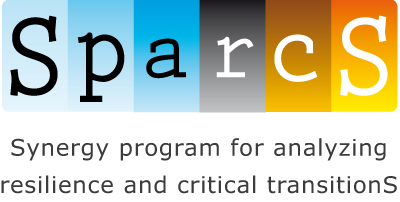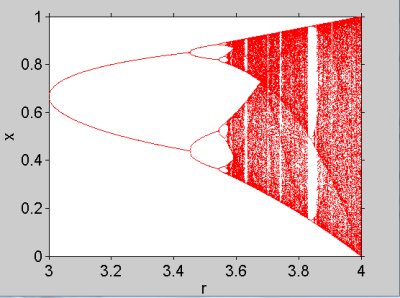GRIND for MATLAB
Version 2.00
June 2024
MATLAB versions: R2008a to R2024a
As the download server used for GRIND is discontinued, the command “updategrind” may give a persisting error. You will need to download the new version here to make automatic updates possible again.
GRIND for MATLAB is a modelling platform that supports ordinary differential equations,
difference equations, delay differential equations (DDE), vector models and
matrices (cellular automata). It has many tools for the analysis of models, including bifurcation analysis:
- MatCont (Dhooge, et al. 2003 ACM Transactions on Mathematical Software 29:141-164)
- COCO (Dankowicz, H. and Schilder, F. 2013 Recipes for Continuation. SIAM, Philadelphia. 584 pp.) .
- Download grind.zip (4.5 Mb) tested on newer MATLAB versions (>=R2008a)
- GRIND for MATLAB – GitLab current versions
- Contact
- Download grindr11.zip (1.02 Mb) GRIND 1.0, for MATLAB versions 5.3 – R2007b
Description
GRIND is a convenient DOS program for analyzing sets of differential equations made by Rob de Boer.
GRIND for MATLAB is a MATLAB version of GRIND, which also supports difference equations, cellular automata and time lags.
Use the command MODEL to create a model (which is saved to an ini file). Use the upper panel in the window to enter differential equations or difference equations. New: you can use the command VISMOD (visual model) to enter a simple model as a Forester diagram.
None of the MATLAB toolboxes are required, but for a few commands the Statistics and (especially) Symbolic Math toolboxes are recommended.
Example:
Logistic differential equation:
N’=N*r*(1-N/K)
Logistic difference equation:
N(t+1)=N(t)*r*(1-N(t)/K)
Note that parameters and state variables are case-sensitive. Parameter names can be all alphanumeric names except the following reserved words:
t time
pi pi=3.1416
inf Infinity
Inf Infinity
nan NaN (not-a-number)
NaN NaN (not-a-number)
eps Floating point relative accuracy eps=2.2204e-016
In the lower panel default values of the parameters and initial values of the state variables are entered.
Furthermore default commands can be entered here.
Example:
N=0.01;
r=0.5;
ax x N [0 10];
(the semicolon is not required, but suppresses unnecessary output)
Author:
Egbert van Nes
Wageningen University
Aquatic Ecology and Water Quality Management group
P.O. Box 47
6700 AA Wageningen
The Netherlands

